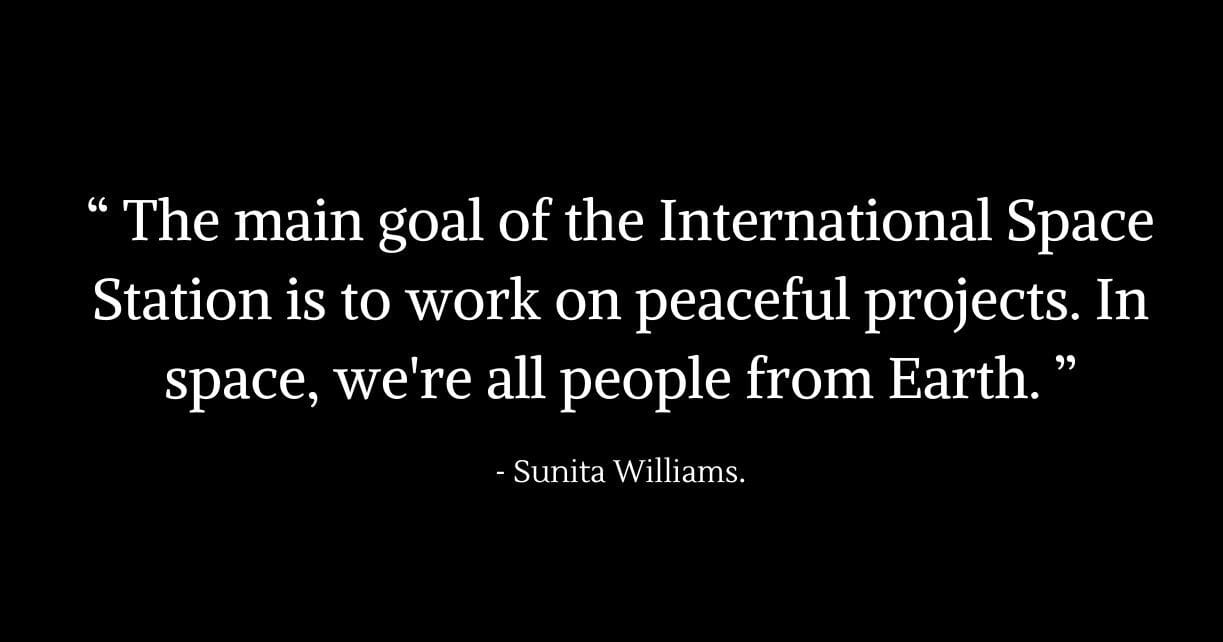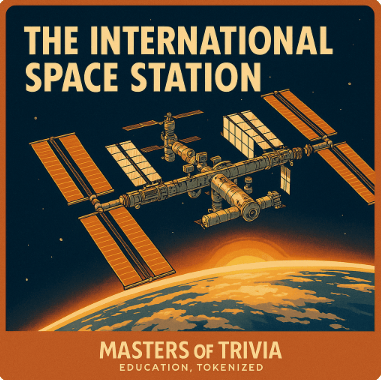- KRONIKL
- Posts
- Humanity’s Home in Orbit
Humanity’s Home in Orbit
From Earth to Orbit: The ISS Legacy
Dear Reader,
It’s Sunday, November 2, 2025. I am Dom Einhorn, your lead curator, and here are your insights into what makes this day in history relevant today. First time reading? Join our community of intellectually curious readers who explore the history behind every day. [Sign up here]
Spread the word: Share this email with friends (copy URL here).

BROUGHT TO YOU BY…
Throughout history, trivia has always been more than a game.
In ancient Greece, scholars tested each other’s wit in symposiums. In 12th-century Baghdad, thinkers debated questions in bustling libraries. Even in medieval Europe, monarchs used riddles and logic games to assess the sharpness of their advisors.
Today, a new chapter in that centuries-old tradition is being written, one that blends human curiosity with cutting-edge Web3 technology.
We’re proud to announce the launch of the MOT Token on GeckoTerminal, the official utility token of the Masters of Trivia platform. Built on the Solana blockchain and backed by a thriving global community of over 200,000 players, MOT is the first step in transforming trivia into an economic, educational, and social engine for the 21st century.
👉 The Token is now live on DEX (decentralized exchanges): secure them tokens early: See MOT Token »
Humanity’s Home in Orbit
👉Marquee Event
On November 2, 2000, the first resident crew boarded the International Space Station, marking the beginning of continuous human presence in space. Known as Expedition 1, the trio—American astronaut William Shepherd and Russian cosmonauts Sergei Krikalev and Yuri Gidzenko—began what would become the longest-running human spaceflight mission in history. Since then, astronauts and cosmonauts have lived and worked aboard the ISS nonstop for over two decades, conducting experiments, spacewalks, and international collaborations.
📌 Why This Matters
The ISS is more than a space lab—it's the most ambitious international cooperation in the history of science. Built and operated by the United States (NASA), Russia (Roscosmos), Europe (ESA), Japan (JAXA), and Canada (CSA), the station is a beacon of what humanity can achieve when borders are left behind and minds are united.
It has been instrumental in advancing our understanding of microgravity, biology, climate science, and even deep-space medicine, paving the way for future missions to the Moon and Mars. Over 250 astronauts from 20+ countries have called the ISS home, turning it into a true global outpost in orbit.
🎯 How Well Do You Know the ISS?
Few people realize that the ISS is the third brightest object in the sky—often visible to the naked eye as it streaks across the heavens at 28,000 km/h (17,500 mph). It orbits Earth approximately every 90 minutes, meaning astronauts onboard witness 16 sunrises and sunsets each day.
The station has hosted everything from zero-gravity musical performances to international live-streamed science experiments, and it's even survived multiple funding threats, space debris scares, and geopolitical tensions, proving space diplomacy can still work.
👉 Play our the International Space Station quiz now.
Quote of the Day


Why KRONIKL? Inspired by the timeless concept of chronicles, KRONIKL is dedicated to bringing you the most intriguing, thought-provoking stories from this date. Culture, science, politics, and more — all condensed for a quick, insightful read that connects your present with our past.
*Disclosure: Masters of Trivia is a quiz platform founded by Dom Einhorn and owned by Intelligent Games LLC—the same company that brings you the KRONIKL newsletter.


Reply